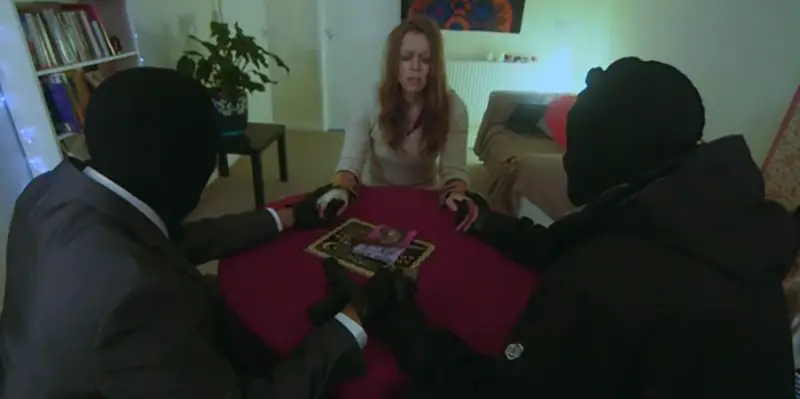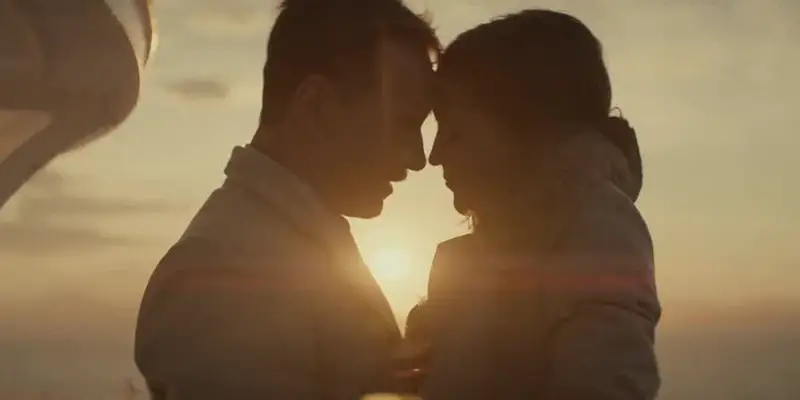2010s
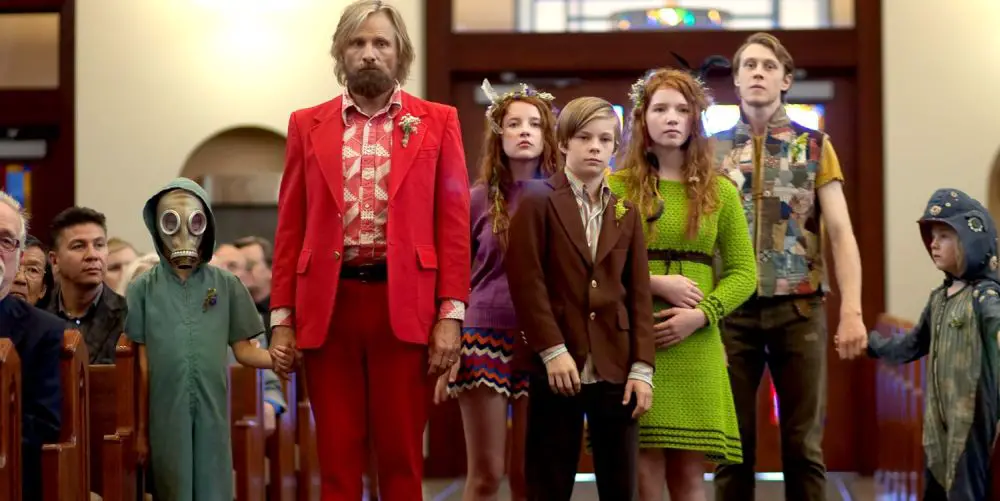
To title your film with the superlative ‘Fantastic’ is playing with fire. Firstly, in this age of Marvel’s silver screen domination and DC’s valiant attempts to catch up, it would be understandable for any jaded cinema-goer to skip this one, expecting another facile, spandex-clad superhero epic; secondly, if it fails the headlines write themselves, and every movie critic worth their salt would crowbar in a reference to the irony of the film’s title. Luckily, Matt Ross’ sophomore effort Captain Fantastic, following 2012’s 28 Hotel Rooms, will have few critics drawing knives, and anyone eagerly searching for an antithesis to the recent barrage of superhero blockbusters in cinemas will be satisfied, if not delighted, when the credits roll.
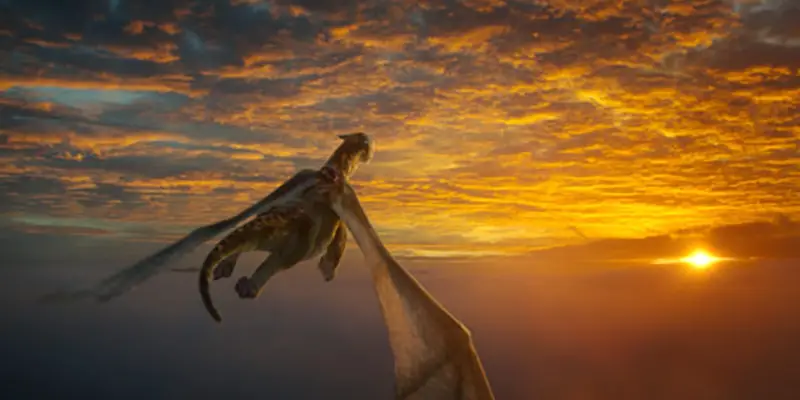
If you’ve ever wondered why fantasy has always been a popular genre in fiction, it might help knowing that all fiction is a form of fantasy, and that stories are a type of self-preservation. Take Martin Scorsese’s wildly entertaining and greatly underappreciated Shutter Island, in which the main character, Teddy, is on a mission to prove he is innocent, only for the truth to reveal that he is anything but. As Teddy becomes fully aware, he finds out that he has created an elaborate fantasy, a hyper-fiction as a ruse to shield himself from the harsh reality.

Leyla Bouzid’s French-Tunisian drama goes above and beyond the traditional coming of age story, using one girl’s journey to adulthood to explore politics, revolution and state sanctioned violence. As I Open My Eyes, gaining international attention for its portrayal of the Arab Spring, seeks to tackle such a prominent and life altering event through the eyes of its young protagonist: Farah.
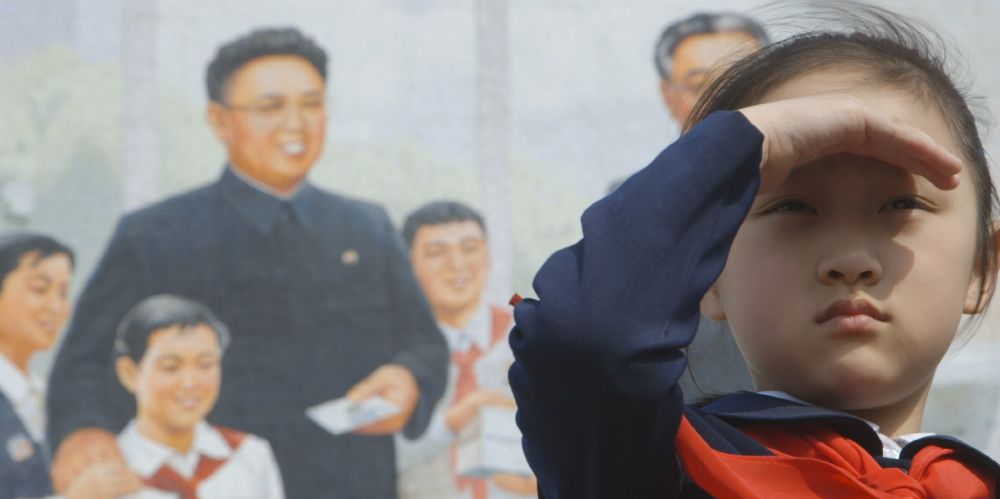
Despite frequently being labeled the most reclusive country in the world, in the past half decade or so there have been a preponderance of documentaries about North Korea. TV shows, websites and documentary filmmakers have all offered their own spin on what is colloquially referred to as “The Hermit Kingdom”. Though told in different ways, all of these pieces have generally come to the same conclusion:
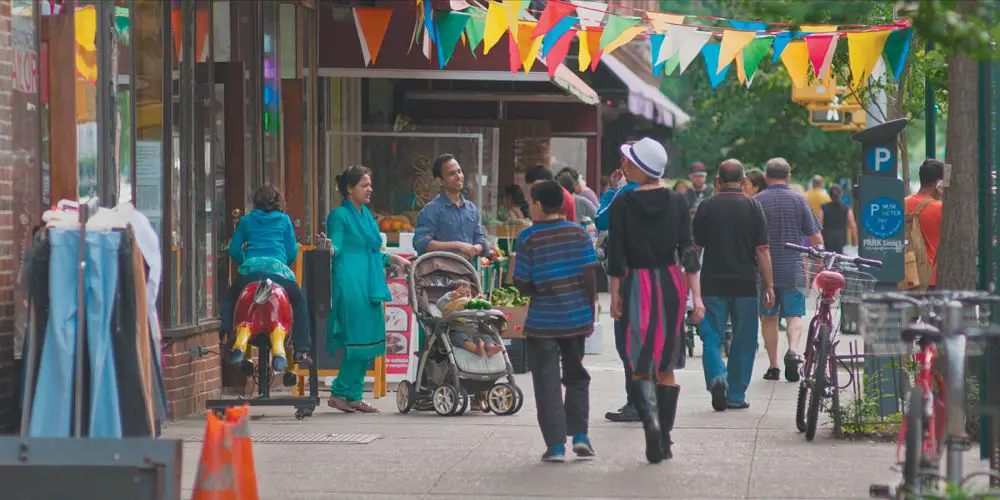
By definition documentaries sound like a pretty straightforward genre; but the evolution of the genre over the years is anything but simple. While I don’t want to sound combative towards the artistic growth of any art form documentaries have splintered into so many different directions, we’re running out of terms for all of the varied sub genres. For every Michael Moore, Alex Gibney, or Errol Morris there seems to be only one Frederick Wiseman which is why his work always feels like a breath of fresh air.
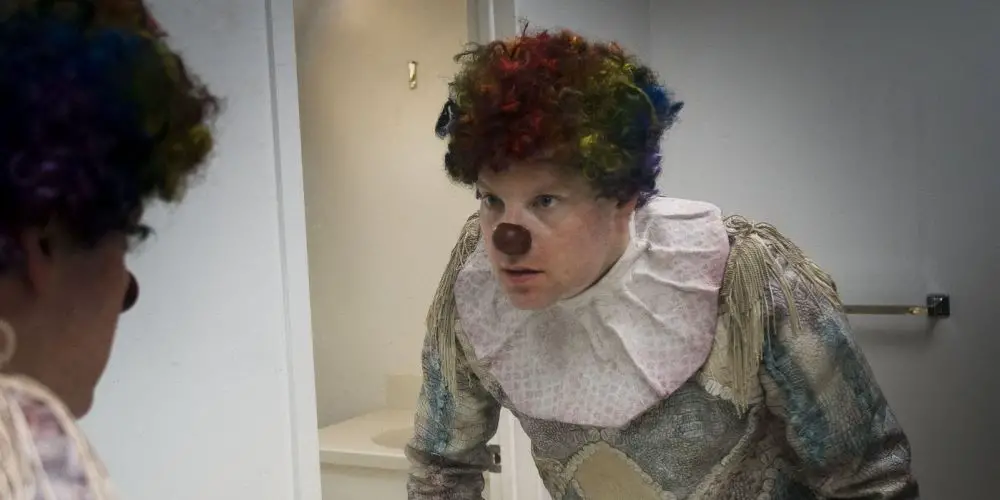
Written and directed by Jon Watts with co-writer Christopher Ford back in 2014, Clown has been in the offing for some time now. Originally conceived in 2010 as a fake trailer for a forthcoming feature attraction fictively produced by contemporary horror genre guru Eli Roth, Watts’ first feature length production is a mixed bag. Blending various elements of body horror with the basic thematic structure of a domestic comedy, Clown is more silly than it is scary.
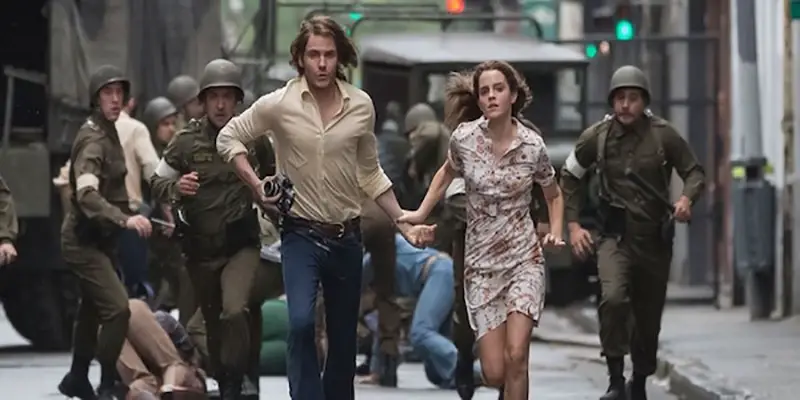
In 1973, Augusto Pinochet seized power in Chile and demoted the previous civilian rule to replace it with a military dictatorship. Colonia Dignidad, commanded by Paul Schäfer and other allies of Pinochet, served as a prison for political detainees under his regime, despite the bastille being concealed by the veneer of a farming commune. With a historical premise as intriguing as this, it’s unfortunate how much Colonia’s (also known as The Colony) filmic portrayal falters more than it succeeds.

From up-and-coming director Pedro Morelli and first-time screenwriter Matt Hansen, Zoom is a fascinating fantasy drama about artistic identity. Tracking the lives of three central protagonists, Morelli miraculously creates a strange, circuitous world wherein everything is connected. Despite seemingly existing within the confines of each other’s imaginative works of fiction, comic book artist Emma Boyle (Alison Pill), movie director Edward Deacon (Gael García Bernal), and aspiring novelist Michelle (Mariana Ximenes) soon bleed into each other’s codependent realities.
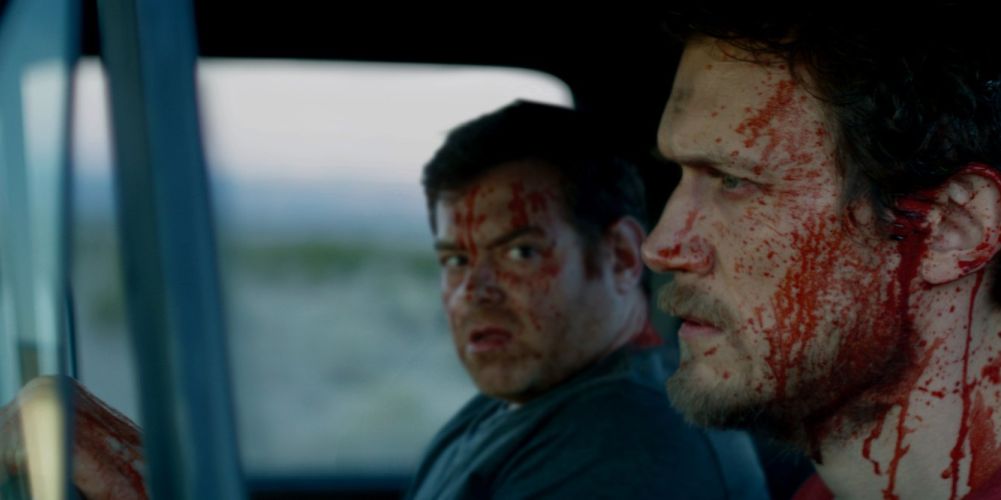
The title of horror anthology Southbound implies a deep sojourn into racist, redneck Americana, locked and loaded under a blood red, lone star. This is a Democrat’s version of hell, ruled by Donald Trump’s tentacles and all of his Republican demons, suckered into building a never ending wall between America and the rest of the world. Southbound suggests a one-way ticket to Hades, but its various characters are still on their terrifying journeys, clutching desperately to their ever diminishing morality.
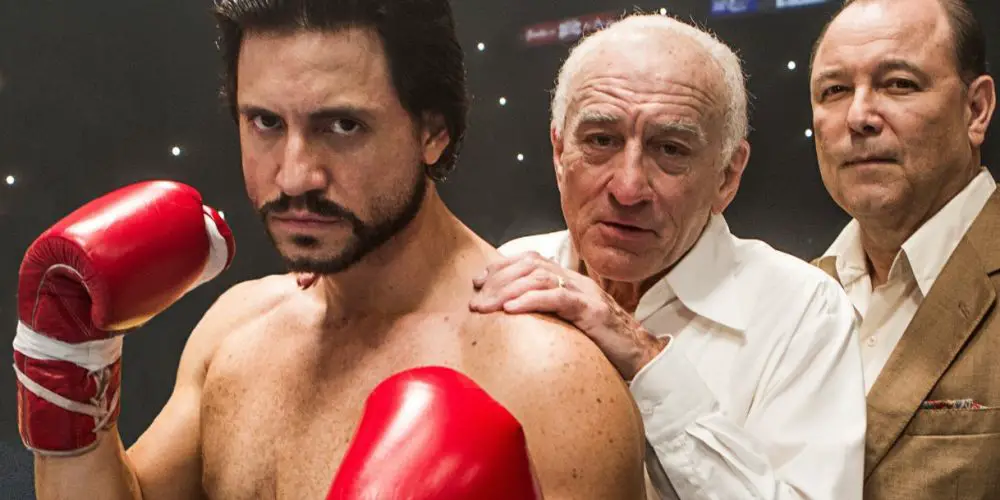
Edgar Ramírez is electrifying as welterweight boxing champion Roberto Durán in the new movie Hands of Stone. Unfortunately, writer/director Jonathan Jakubowicz’s routinely conceived, routinely executed boxing biopic is a dull canvas for a performance, slashed in such angry red brush strokes. The movie goes the distance, though not as cleanly or directly as we might have wished.
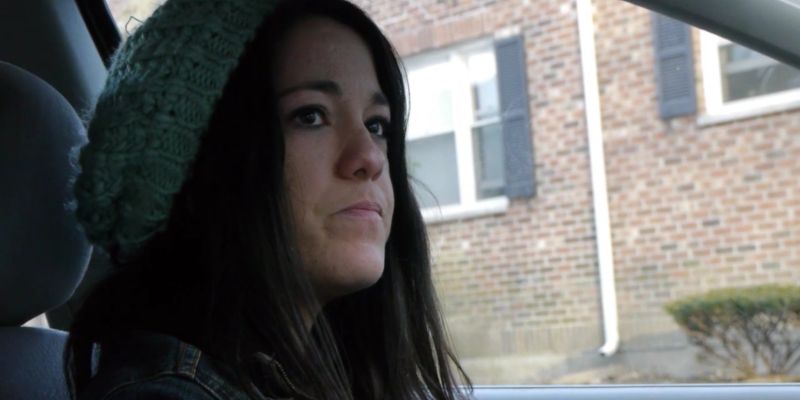
In life there are many roads to travel and sometimes our paths align with perfect strangers that happen to be exactly who we need to run into at that point in our lives. This appears to be the case with Emma (Mela Hudson) and Judy (Tori Hall). They’re two completely different women who’ve led very different lives, but when both find themselves needing to make a trip to Western Massachusetts, they unintentionally become a part of each other’s journey.

Racism in France has been a long-discussed topic within cinema, from Mathieu Kassovitz’s eponymous film La Haine to 2011’s hit comedy Les Intouchables. In recent days Muslim/Arab citizens have been the focus of racial prejudice from the French justice system; Fatima could not come at a better time with its refreshing take on Arab/French culture. Philippe Faucon adds to this conversation with a portrayal of racial tension in France.


